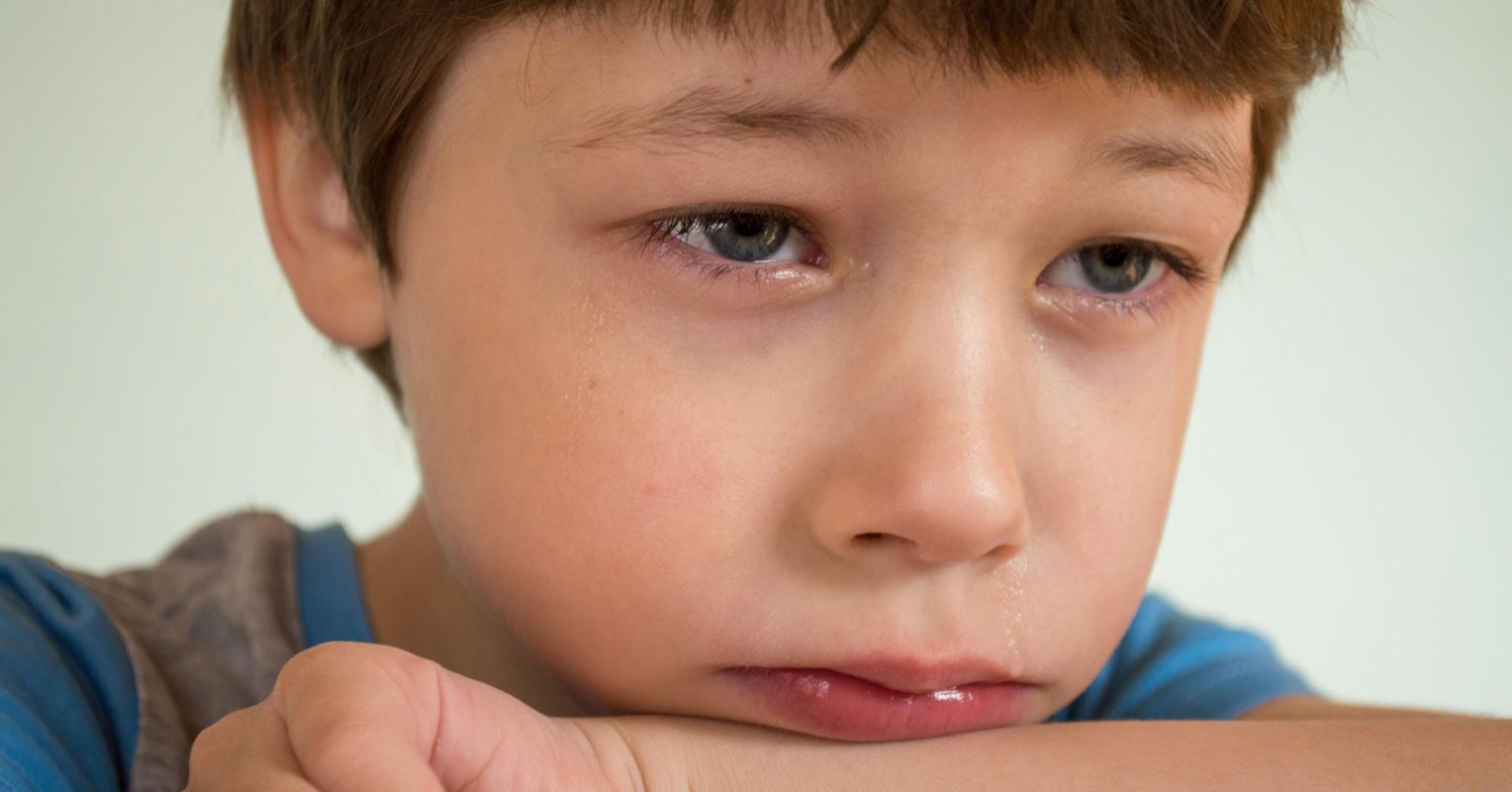
It is terribly painful to watch our children suffer loss — whether it’s the loss of a grandparent, a friend, or even a pet.
Children struggle to understand separations and death, and their feelings of missing the person they loved are just so hard.
But it is important to understand that loss is part of life — and it is not something we should protect our children from.
We do not need to sugarcoat the experience for them. We do not even need to keep them at home during the funeral.
What we do need to do is to explain to them what has happened and to be there for them through all of their questions and feelings. And I am talking about children from the earliest years, on through adolescence. Even two and three-year-olds are interested in why someone is not there anymore. Whether the person has gotten angry and left, or the person has moved away, or the person has died, we can explain this in terms that they will understand. And we can understand that being with them to help them talk about and process their loss helps them to grow.
Researchers have looked at this phenomenon. Calhoun and Tedeschi called this “post-traumatic growth,” and they observed that following a loss, some people experience a number of positive effects. Some develop a greater appreciation for life, some experience a strengthening of close relationships, some feel increased compassion and altruism, some identify new purpose and new possibilities in life, some feel a greater recognition of personal strengths, some experience enhanced spiritual development, and some develop enhanced creativity. And they found that the activity which most helps people to grow following loss is talking about and processing the loss.
Another researcher and clinician, Jessica Koblenz, specifically looked at children. She found that following loss, some children expressed a heightened sense of life and a new appreciation for the value of time. They were aware of not wanting to waste time or have regrets. Some learned to seek help from others, and they figured out how to determine who was capable of giving them the help they needed.
Two other researchers looked at college-aged kids and found that the greater the loss was, the greater the growth could be – but only in those who did not avoid their feelings.
George Bonanno, in his research as described in his book The Other Side of Grief, also looks at the importance of understanding that many of those who suffer loss do so with resilience. While he does not study children, Ann Masten does, and she has found that the majority of children who suffer loss, even traumatic loss, come through the experience without developing any major mental illness.
These findings support the importance of not over-pathologizing the grief process and not protecting our children from feeling the feelings they have around loss. In fact, these finding support helping our children to express and process their feelings — whether this is through talking, art work, or play.
